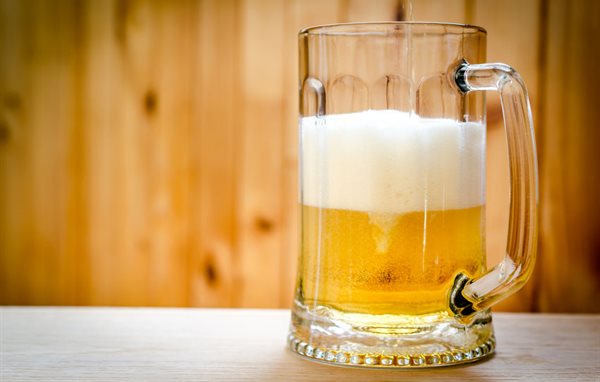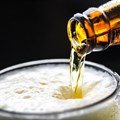The South African alcohol industry has made recommendations to the government through Nedlac on alternative measures to deal with short-term pressure on hospitals during the next Covid-19 surge and increased risk of infections around the Easter weekend.
In a joint statement issued by the industry – including the National Liquor Traders Council, South African Liquor Brandowners Association (Salba), the Beer Association of South Africa (Basa), Vinpro, retailers and manufacturers – the industry said it believes that measures to alleviate the impact on the healthcare system can be implemented in a less damaging manner that helps to mitigate transmission while still helping to preserve livelihoods.
Restrictions urged, but blanket ban would be "unjustifiable"
The industry's recommendations include responding speedily and pro-actively in respect of the Easter weekend (and after that other potential hot spot areas) by reinstating the 11pm-4am curfew; reducing permitted numbers for gatherings to a 50% of capacity and a maximum of 50 people indoors to 100 people outdoors.
The industry also proposes that interprovincial travel should not be prohibited to protect the economic recovery and growth in the tourism and hospitality sector and that alcohol sales continue under current licence conditions, with restrictions being introduced "only if hospital capacity becomes severely stretched".
Sibani Mngadi, chairperson of Salba, noted, “The pandemic and alcohol bans have brought the alcohol industry and any associated problems of alcohol harm into sharp focus. While it is undeniable that some people have an unhealthy relationship with alcohol that could lead to harmful behaviour, to single out alcohol as the root of all trauma is wrong. Weighed against the evidence, the negative impact of a further blanket ban on alcohol seems unjustifiable.”
“In order to ascribe the drop in trauma admissions to the alcohol bans, one also has to control for the influence of all the other imposed regulatory changes such as the curfew and restrictions on gatherings. Alcohol restrictions were imposed at the same time as the curfew, so it is thus disingenuous to suppose that the decline in trauma cases was due to solely the alcohol ban,” he added.
The statement said that the entire alcohol industry and its value chain have been irreparably damaged by the pandemic, and the toll on livelihoods in the liquor value chain has been significant, leading to the closure of businesses, loss of jobs and income, and a decline in investment.
The cumulative impact of the last three alcohol bans led to a loss in sales revenue of R36.3bn for the alcohol industry, putting 200,200 jobs at risk in the nation's informal and formal economy. A further ban would cause irreversible damage to small and medium-sized businesses that would be unlikely to survive, the industry said, while the illicit trade has taken root and is building momentum.
Shared compact
Mngadi added, “There is great power in a shared compact with a common objective a prosperous South Africa. The alcohol industry will continue to help protect the lives and livelihoods of South Africans and has stepped up programmes to promote the responsible consumption of alcohol.
"However, this needs a broader engagement with our industry on harm reduction, alcohol policy, regulations and innovation to foster a culture of alcohol moderation. We would like to partner with government and civil society to find and implement solutions to real challenges in our society."





































